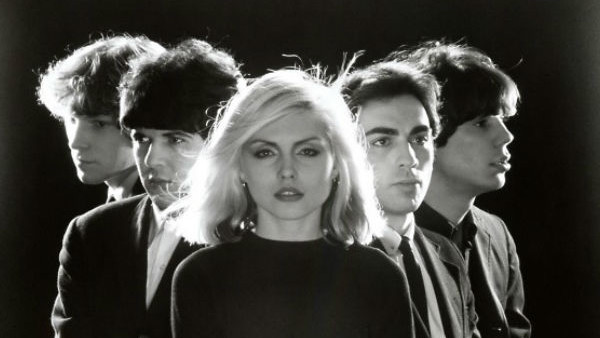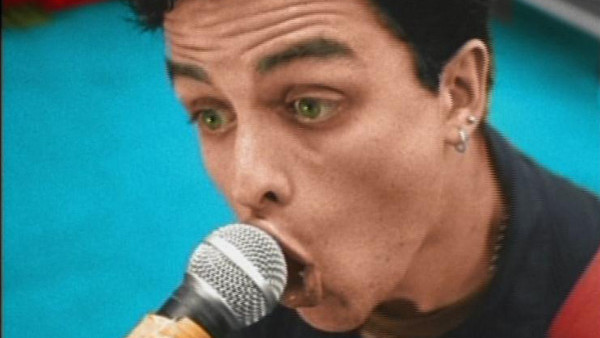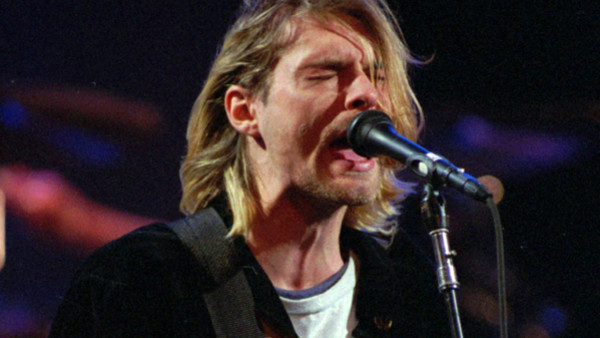8 Artists Whose Music Actually Got Better After They "Sold Out"
Sometimes a musician "selling their soul to the man" works out pretty well for music fans, too.

If you choose to believe the millions of music fans who stop listening to an artist the moment they try to "go mainstream," selling out is the biggest crime a musician can commit. But not only does selling out allow more people access to their music, it can sometimes make their music better. Because the spoils of selling out, when put in the right hands, can grant artists a wider umbrella in which to create music the way they want to, without as many strictures in the recording process.
Kirk Hammett, lead guitarist and chief spokesman for sellouts, put it best when he lamented that after moving away from the metal genre and becoming a world famous hard rock band, fans were pissed that Metallica suddenly got too big and now "their favourite little band doesn't fit in their pocket anymore." It's a valid response, though one that would probably play better coming from someone who wasn't involved with St. Anger.
For the purposes of this article, we'll use the term "sellout" to mean anyone who made the leap into the mainstream, typically by way of signing with a major label. And for some of these artists, that was the best decision they could have made.
8. Green Day

Though Green Day is still seen in the eyes of millions of punk connoisseurs (the most pretentious kind of connoisseur) as the band that released the world conquering Dookie before promptly becoming the world's biggest sell outs. For all of the punk purists (...ugh), Green Day is only as good as their sophomoric odes to masturbation and male prostitutes.
First of all, depending on your definition of selling out, it's quite possible that Green Day sold out before they even released Dookie, by signing with a major label. As a punk band raised in the DIY world, isn't that the most egregious sin? But fine, let's use the conventional wisdom of the average fan and say that Billie Joe Armstrong and his crew officially became unfaithful to the punk ethos by writing and recording a ballad that would be used at graduation ceremonies and in TV retrospectives for years to come. "Good Riddance (Time of Your Life)" turned Green Day into a mainstream pop-rock band. Which is not really the worst thing. Did anybody really want them to keep churning out more Dookies? (Eh? EH?)
Could you imagine a bunch of 40-year-olds writing punchy songs about the joys of fondling yourself? No, but a hard-rocking, ambitious concept album denouncing George W. Bush and detailing, song by song, the effects of his kind of thinking on impressionable youth? Oh hell yes!
While Dookie is certainly the best punk album Green Day ever made, American Idiot is without the doubt the best rock album the group released. And before it somehow became a broadway show (which is where the real selling out begins), American Idiot stood dignified as a singular, highly relatable album about the indignities of politics, the detachment of modern youth, and most of all, the importance of learning more than three power chords.
7. Nirvana

John Lennon, Bob Dylan, Kurt Cobain. When discussing musicians who have the most integrity, who were the most true to themselves and their music and who would never dream of selling out, those three names always seem to pop up. And yet, all three of them did "sell out" in one form or another.
Dylan used his music and image to sell Chrysler cars during the 2014 Super Bowl, Lennon's career only launched in the first place because he and his bandmates underwent a drastic makeover, and Cobain...well, let's talk about Nevermind.
When Nirvana released Bleach on the indie label Sub Pop in 1989, it was seen as a stirring addition to the garage rock canon. Raw, punchy, and devoid of any sort of glossiness, it was the band's "real" defining moment in grunge. Except that it was, according to the guy who wrote the record, not very good. At all. Kurt Cobain stated that he hated Bleach for the most part, because he felt he was pressured into sounding like the grunge artists of the day and make a rock record. So he had to suppress his pop sensibilities when it came time to writing the songs, a mistake which he corrected with their follow-up, Nevermind.
He much preferred the songwriting style employed on the album that catapulted them straight onto every magazine cover in the world for the entirety of the early 90s. Dave Grohl called Nevermind "children's music," meaning it was incredibly simple and straightforward pop stuff. So either way you look at it, Nirvana made better music as sellouts.
If you're a fan of Bleach and hate the pop sensibilities of Nevermind, then you like a band whose lead singer sold out his own ambitions to conform to the grunge scene. If you like Nevermind or In Utero, then you like a band who embraced the pop song structure and gained mainstream success because of it, which is the tried-and-true definition of a sellout. Hooray for winning an argument on a technicality!